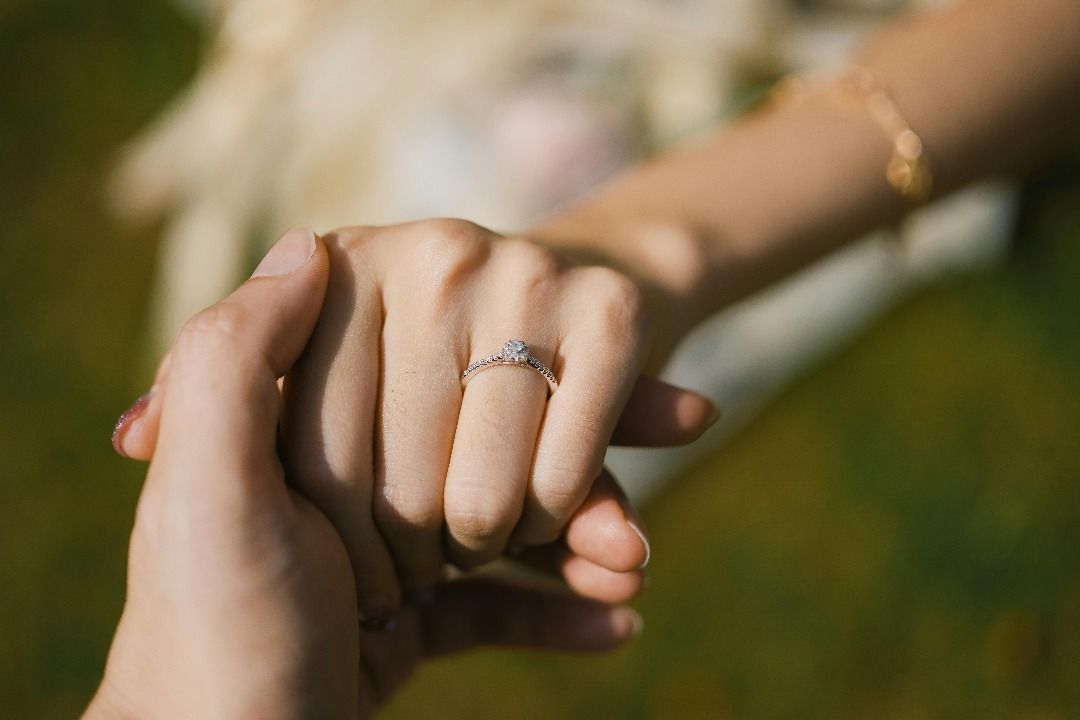THE phrase “tying the knot” has become a familiar way of describing marriage, often used in wedding announcements, social media captions, and everyday conversation. It paints a picture of two lives being bound together in love.
Some say that it is just a poetic figure of speech and that it doesn’t go any deeper than that.
But is it true that it traces back to an actual wedding ritual practised in history?
Verdict:
TRUE
It is true that “tying the knot” has roots in real marriage customs, particularly the ancient Celtic handfasting ceremony, where couples had their hands bound together with a cord, rope, or ribbon to symbolise their union.
This practice was more than symbolic – it was legally recognised in parts of medieval Europe.
The couple’s clasped hands, tied with a knot, marked the beginning of their marriage commitment.
The ritual dates back thousands of years and is still re-enacted in some modern weddings today.
In some Celtic and Irish traditions, handfasting was originally a trial marriage lasting “a year and a day”.
At the end of this period, the couple could either confirm their bond permanently or part ways amicably.
The custom is not exclusive to Celtic culture.
In Old Norse and Germanic traditions, “handfasting” also referred to the act of making a binding agreement by clasping hands.
The word itself comes from the Old Norse handfesta, meaning “to strike a bargain by joining hands”.
Other societies, including the Aztecs, practised similar rituals.
For example, newlyweds tied parts of their clothing together after the ceremony to signify unity.
In Scottish clans, family tartans were sometimes woven into the handfasting cords, literally knotting two families together.
Over time, these practices evolved into metaphors.
By the 16th century, “tie the knot” was already appearing in English literature as a figurative way of saying to get married.
The phrase survives today as a romantic idiom, but its roots lie in real, physical rituals of binding hands and weaving lives together.
References:
1. Brides.com – Tying the Knot: Meaning and History
https://www.brides.com/tying-
2. Vogue – Everything to Know About the Handfasting Ceremony at Irish Weddings
https://www.vogue.com/article/
3. English StackExchange – Origins of “Tie the Knot”
https://english.stackexchange.
4. Mexicolore – Carrying the Bride and Tying the Knot
https://www.mexicolore.co.uk/
5. Humanists.uk – A Guide to Handfasting
https://humanists.uk/







